THC-A, also known as tetrahydrocannabinolic acid, is the compound that turns into the well-known THC when heated. In its natural state, THC-A is not psychoactive—it does not alter perception or cause a "high." Only when exposed to heat, such as during vaporizing or smoking, does THC-A convert into active THC.
This cannabinoid occurs naturally in fresh cannabis flowers and serves as the foundation for many of the plant’s later compounds. Anyone wanting to understand how cannabis actually works will eventually come across THC-A—the quiet precursor without which THC would not exist.
What is THC-A?
The term THC-A is coming up more and more often, sometimes written as THCA. But what does it actually mean?
THC-A is the natural precursor to THC, the compound responsible for cannabis’s well-known effects. In the plant, it first appears in its acidic form and is completely harmless—it does not produce any intoxicating effects.
Only when THC-A is heated, for example by vaporizing, smoking, or baking, does it transform into THC. This process is called decarboxylation. During this, the substance loses a molecule and becomes active. Without THC-A, there would be no THC—it is the starting point for everything associated with cannabis.
How does THC-A form?
THC-A forms naturally in the cannabis plant as it grows and matures.
Inside the plant, many small biochemical processes take place, producing various cannabinoids—including THC-A.
It all starts with a substance called CBGA, often referred to as the "mother of all cannabinoids." Depending on the strain, temperature, and light conditions, the plant creates different compounds from this substance—including CBD, CBG, and THC-A.
You can think of it as a natural developmental chain:
- CBGA is the starting material.
- Enzymes in the plant convert CBGA into THC-A.
- As long as the Flowers remain raw, the THC-A is preserved—with no psychoactive effect.
Only heat changes the molecule, turning THC-A into active THC. That’s why fresh, untreated Flowers contain almost exclusively THC-A, while in heated or smoked products, most of it has already been converted to THC.
THC-A vs. THC – the difference
Even though THC-A and THC differ by just a single molecule, their effects are completely different. THC-A in its original form is not psychoactive, while THC is responsible for the typical effects of cannabis. The following overview highlights the key differences:
| Characteristic | THC-A | THC |
|---|---|---|
| Chemical Form | Acid form (with an extra carboxyl group) | Activated form after decarboxylation |
| Effect | Not psychoactive | Psychoactive (acts on the endocannabinoid system) |
| Occurrence | In fresh or untreated Flowers | In heated, dried, or smoked products |
| Activation | Only becomes THC when exposed to heat | Already active |
| Use | Often in research, extracts, or cold-pressed oils | In medical and recreational cannabis |
In short: THC-A is the calm, untreated counterpart to THC. It only becomes active and produces the well-known effects when heated. That’s why your experience depends a lot on how cannabis is consumed or processed—raw, it stays mild; when heated, it unleashes its full effect.
How is THC-A used?
How you use THC-A really depends on whether you want to keep it in its original form or activate it.
Since THC-A only turns into THC when heated, you can use it in different ways depending on the result you want.
Common forms in which THC-A appears:
- Flowers: Fresh or gently dried cannabis flowers usually still contain a lot of THC-A. It only converts to THC when you smoke or vaporize it.
- Vapes: Special THC-A Vapes are designed to allow conversion to THC directly when heated.
- Hash or extracts: Here, THC-A is often present in concentrated form. Depending on how you use it, it stays raw or gets activated when heated.
- Oils and tinctures: Cold-pressed or untreated oils also contain THC-A—they don’t have an intoxicating effect, but are often valued for their natural cannabinoid profile.
As you can see, temperature plays a crucial role:
If THC-A stays raw, it doesn’t have any psychoactive effect. When it’s heated, it turns into THC—and that’s what determines whether the effect is mild or strong.
What effect does THC-A have?
There’s still not as much known about the effects of THC-A as there is about THC itself.
Since THC-A in its original form isn’t psychoactive, it doesn’t produce the classic “high.”
Still, this cannabinoid has been studied more closely in recent years, as many suspect it could have its own, rather subtle effects on the body.
Some possible properties discussed in studies and user reports include:
- gentle relaxation without feeling high
- possible anti-inflammatory effects
- may help with muscle tension
- antioxidant properties, so it could offer cell protection
These are just initial observations—many of these effects have not yet been clearly proven by science.
THC-A is considered an interesting but still little-researched cannabinoid.
Many people who use THC-A in its raw form mainly report a clear, calm physical sensation—without the strong mental effects that THC usually causes.
Conclusion
THC-A is kind of like the calm origin of THC.
It occurs naturally in the cannabis plant and stays non-psychoactive until it is heated.
This makes it appealing to anyone interested in the different forms and processes related to cannabis.
Even though research on THC-A is still in its early stages, what we know so far shows:
This cannabinoid has its own unique profile and is clearly different from the classic THC experience.
Whether as part of fresh Flowers or in concentrated form—THC-A is a reminder that cannabis is much more than just the well-known active ingredient THC.
FAQ about THC-A
How do you optimally activate THC-A (temperature & method)?+
THC-A turns into THC through heat (decarboxylation). Many people prefer moderate temperatures when vaporizing. Too much heat can affect flavor and terpenes, while too little heat won't fully activate it.
How can I recognize high-quality THC-A products (quality check)?+
Key indicators of quality:
- recent lab analysis (ingredients, residues, terpene profile)
- clear labeling of content and batch number
- clean aroma, no solvent notes
- transparent origin & processing
How should I store THC-A (shelf life & aroma)?+
Store it cool, dry, dark, and airtight. Ideally, use glass containers with a Boveda or Integra pack. Heat, light, and oxygen speed up degradation and alter the flavor.
What is the difference between THC-A Flowers, hash, and Vapes?+
Flowers are unprocessed, hash is more concentrated and has a stronger flavor, and Vapes are easy to dose and discreet. Activation always happens when heated.
How do I find my personal starting dose?+
Low & slow: start with a few short puffs and take breaks. Wait for the effects before increasing slowly. Everyone's body reacts differently.
Does the terpene profile matter for THC-A?+
Yes. Terpenes influence the aroma and can shape how the effect feels—like whether it's described as clear, earthy, or fruity.
Is THC-A detectable in drug tests?+
Drug tests usually target THC metabolites. After THC-A is activated into THC, a test can show positive. Without activation, the data is inconsistent.
Traveling with THC-A – what should I keep in mind?+
Regulations vary greatly by country. Always check local laws before traveling and pack products securely. If you're unsure, it's best to avoid taking them.
Is THC-A different from HHC, HHZ, or THCP?+
Yes. THC-A is the precursor to THC and only becomes psychoactive when heated. HHC, HHZ, and THCP are separate cannabinoids with different chemical structures and effects.
Are there possible s
Once activated to THC, you might experience common effects like dry mouth or drowsiness. Everyone reacts differently—start slowly and take breaks.


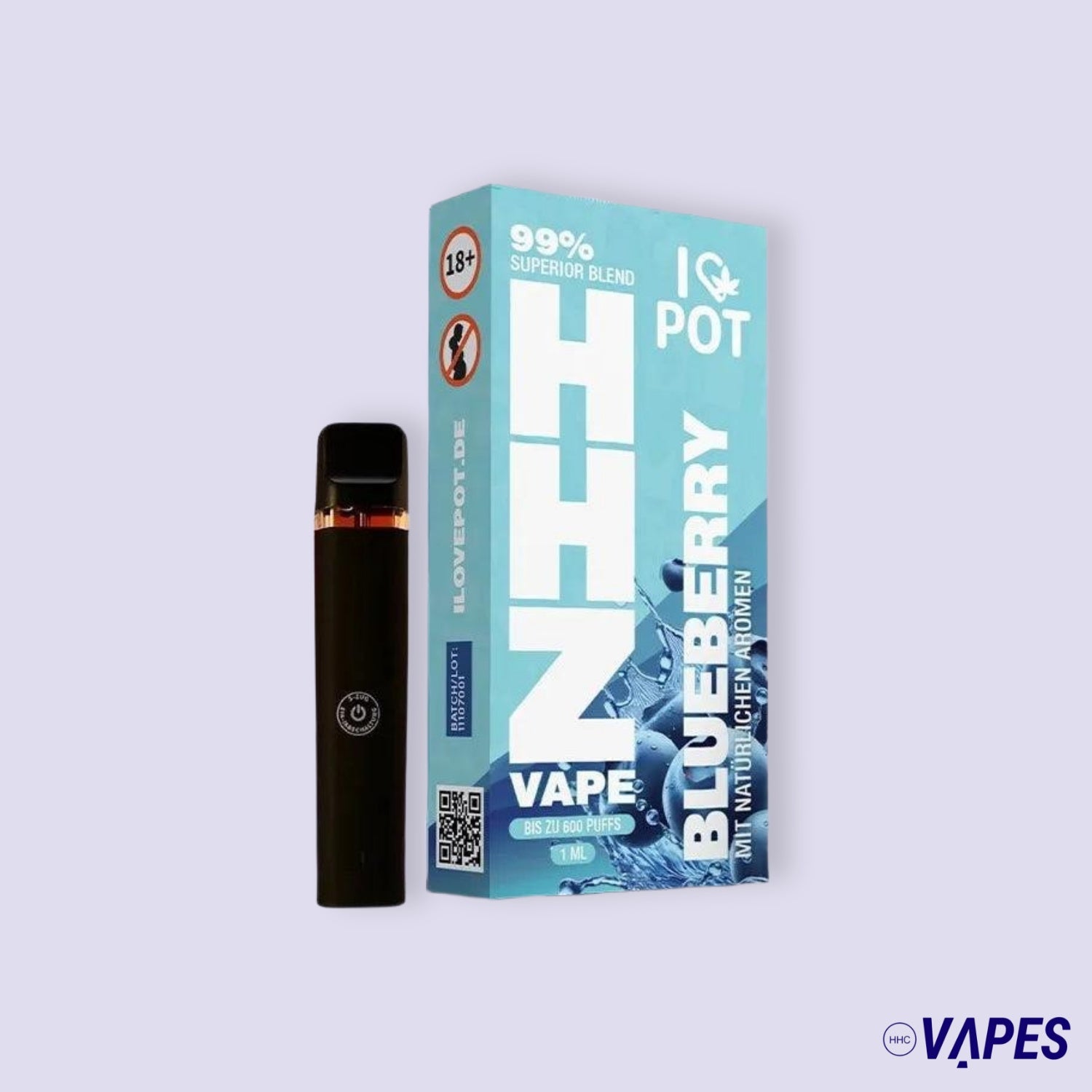

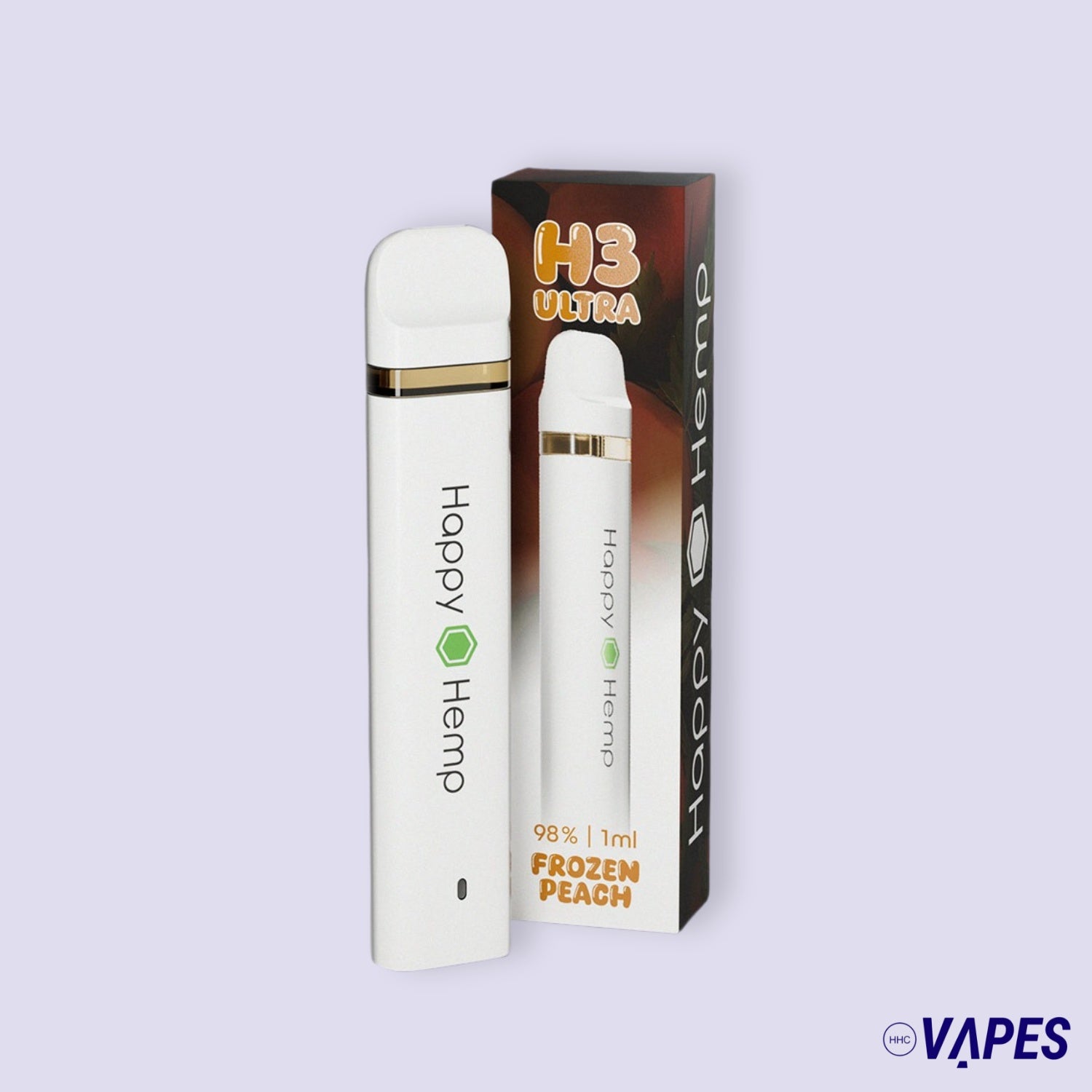
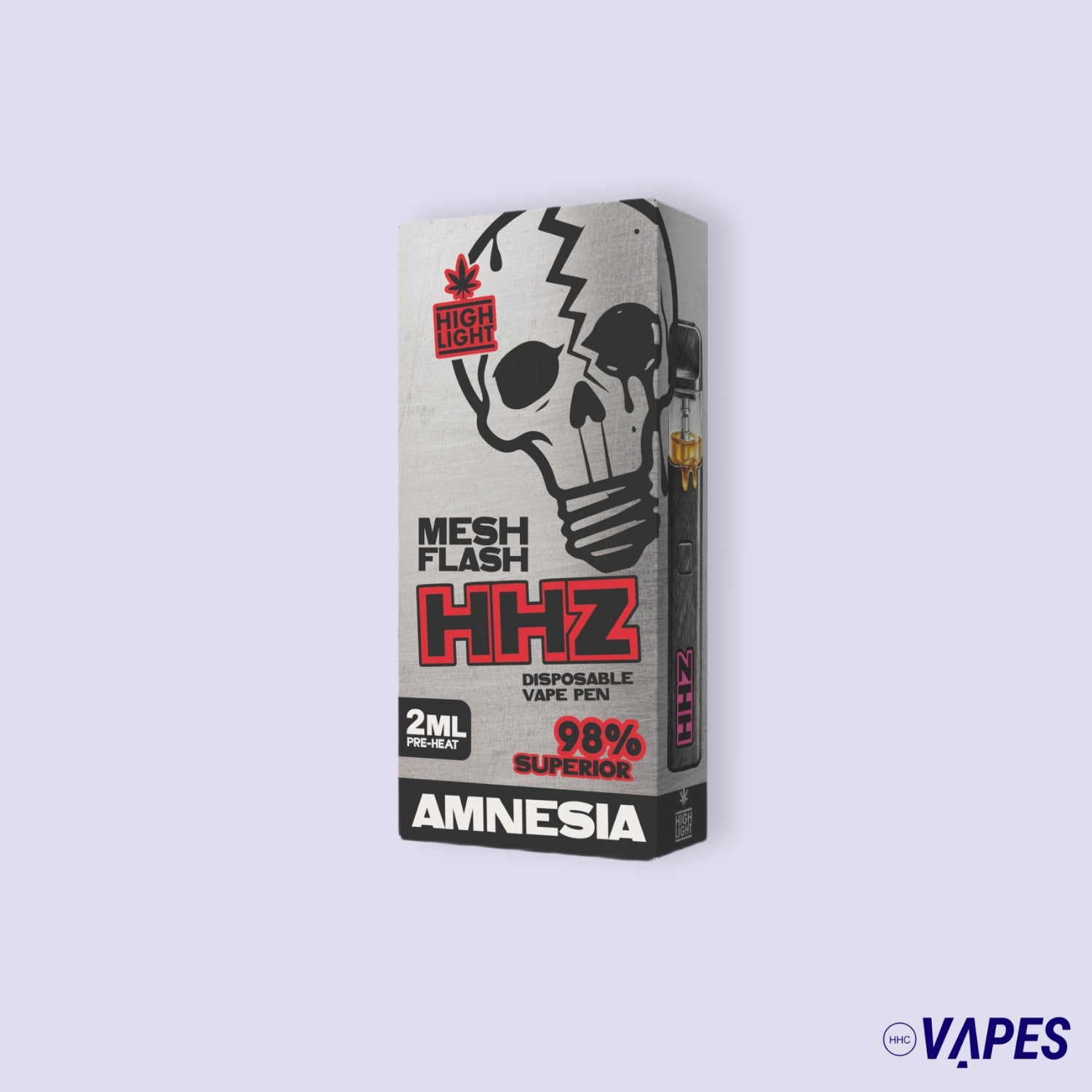
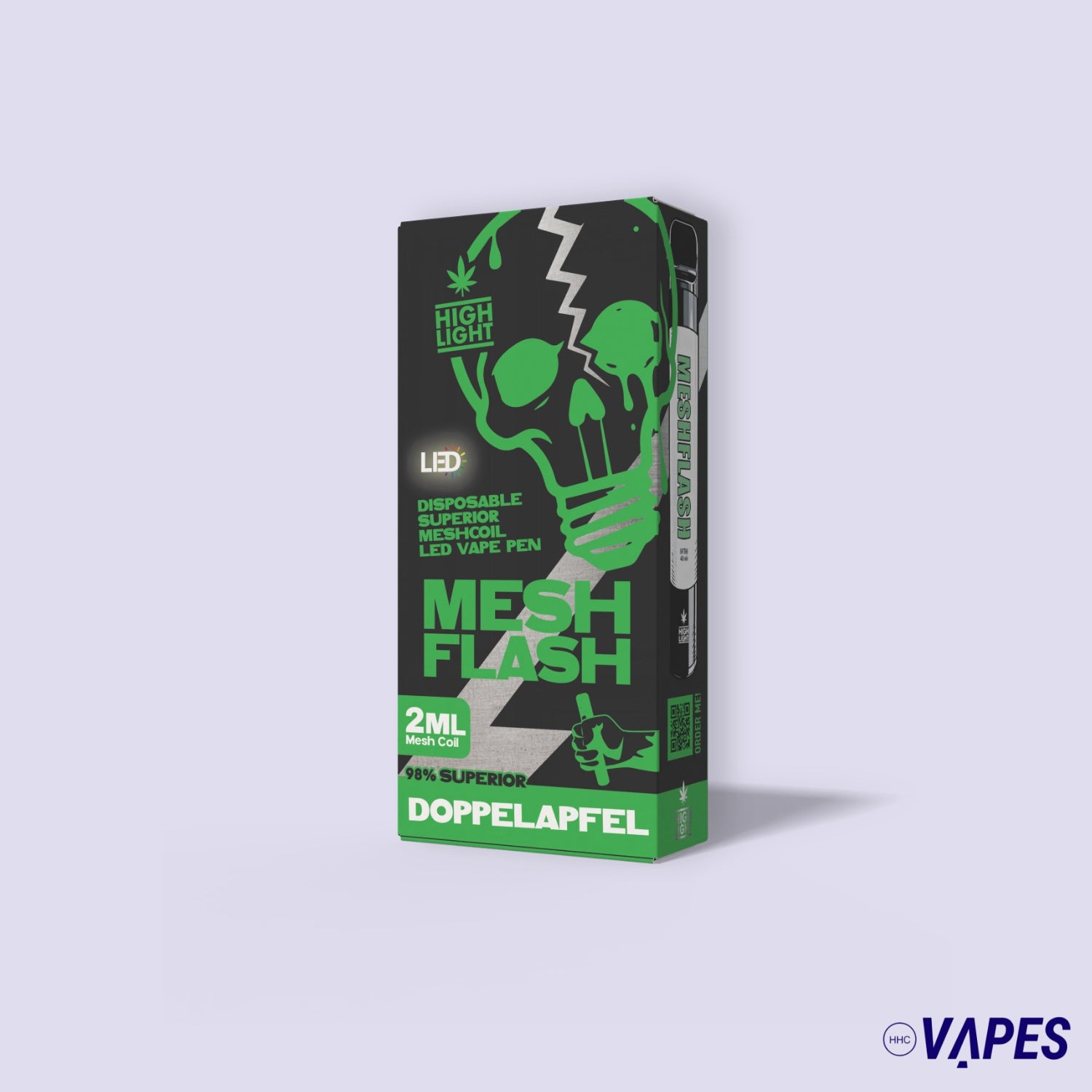
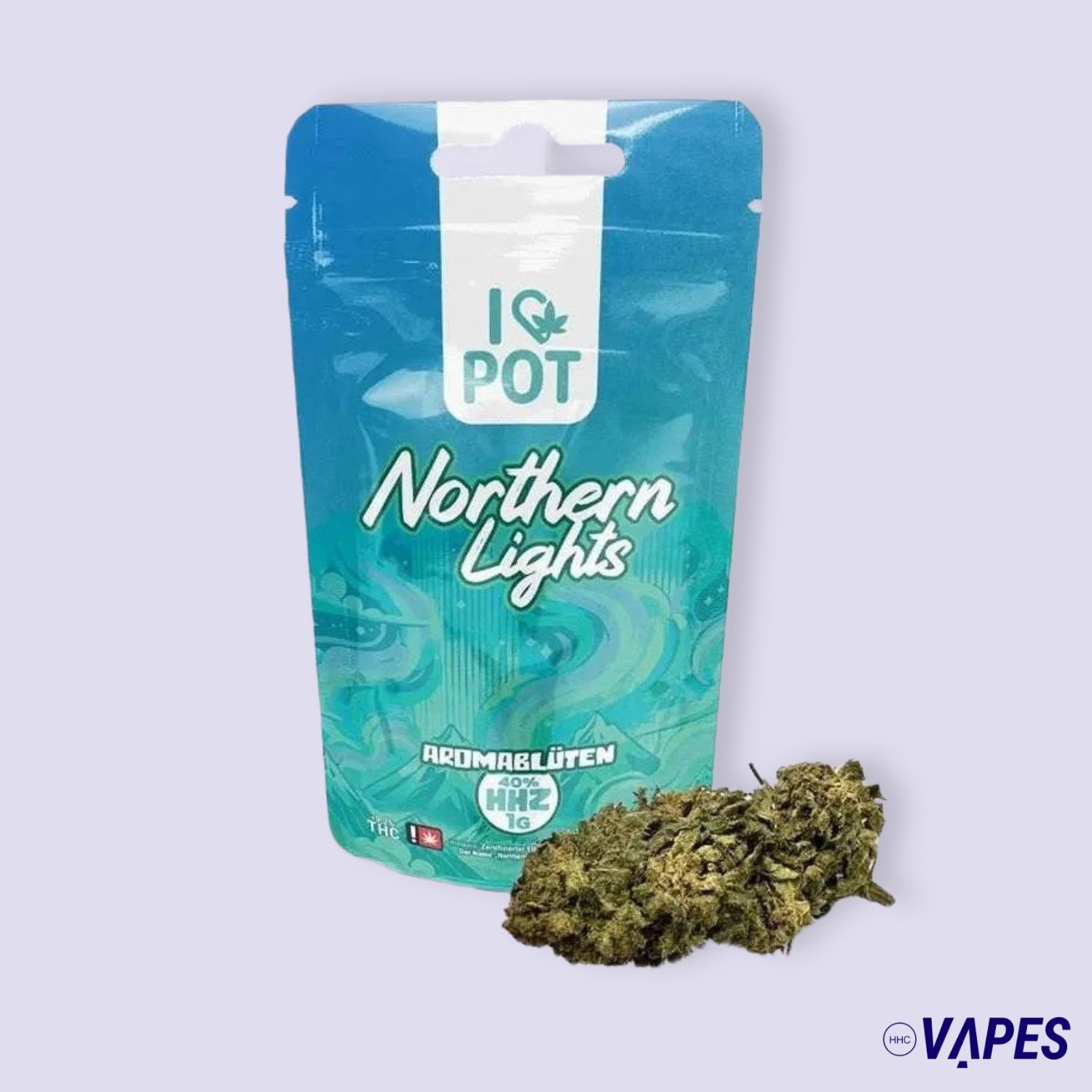
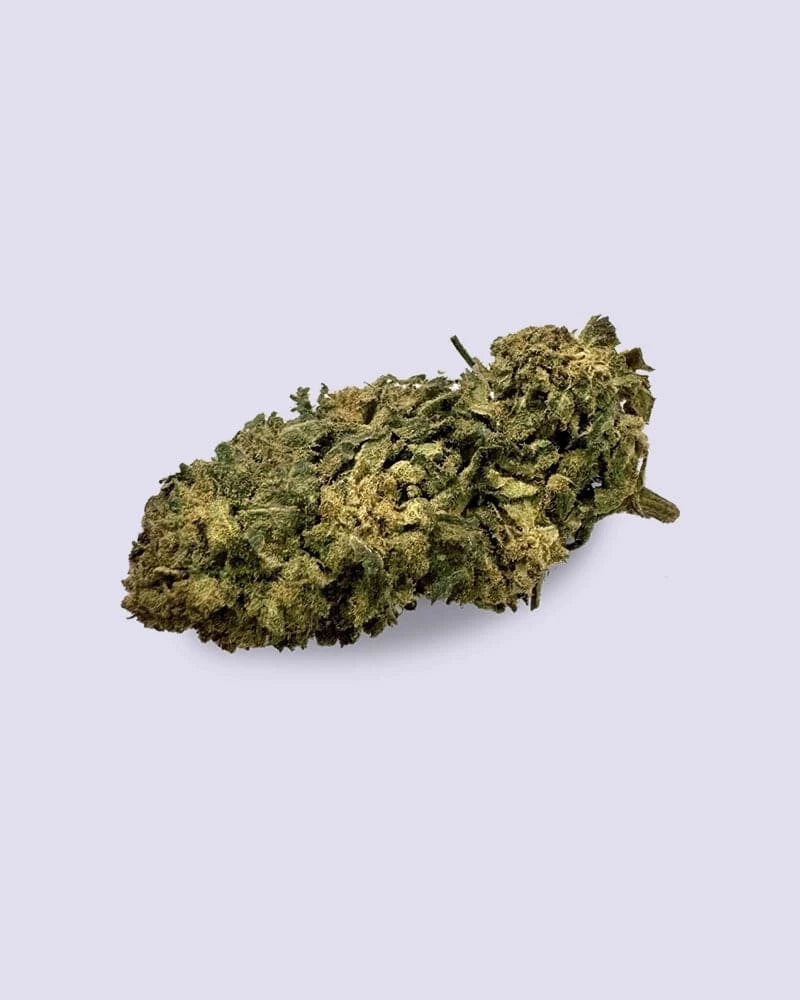
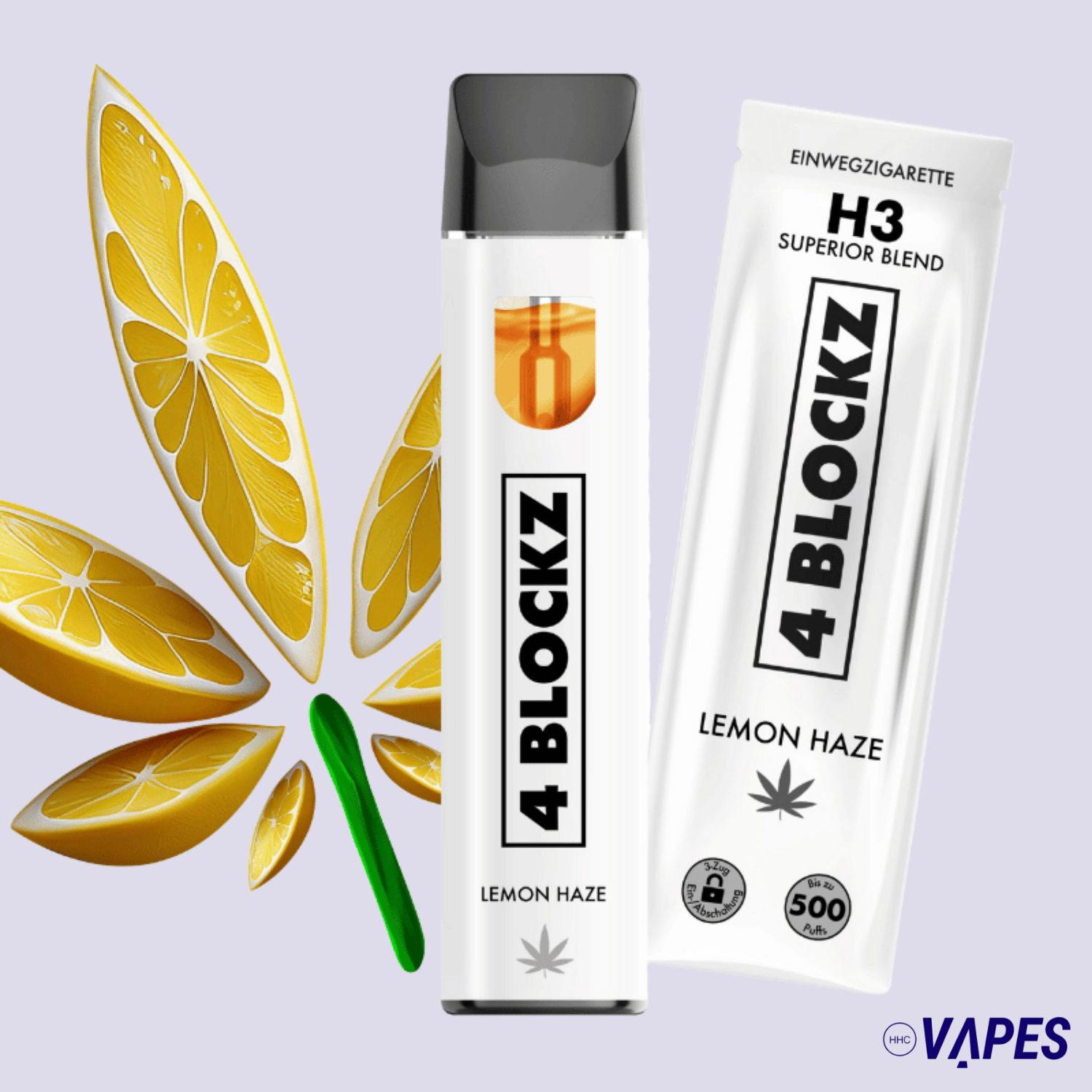
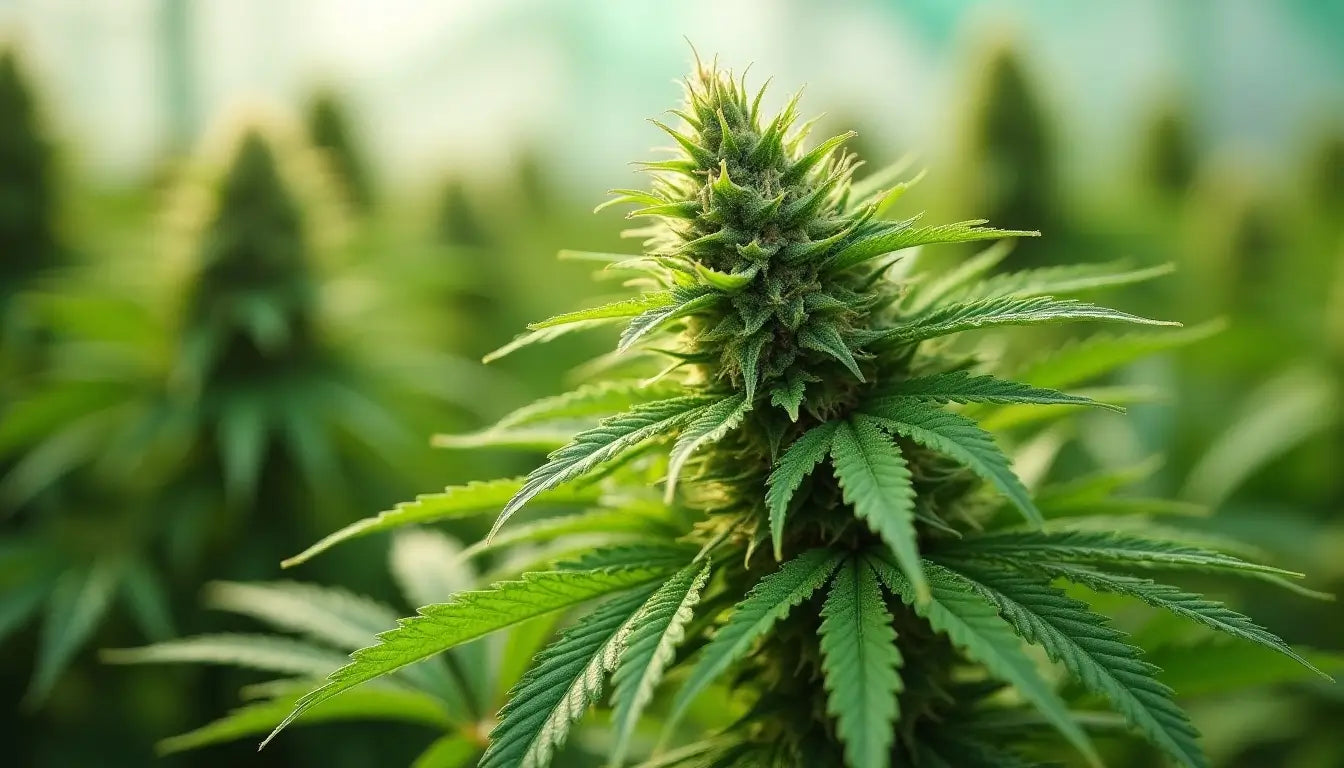

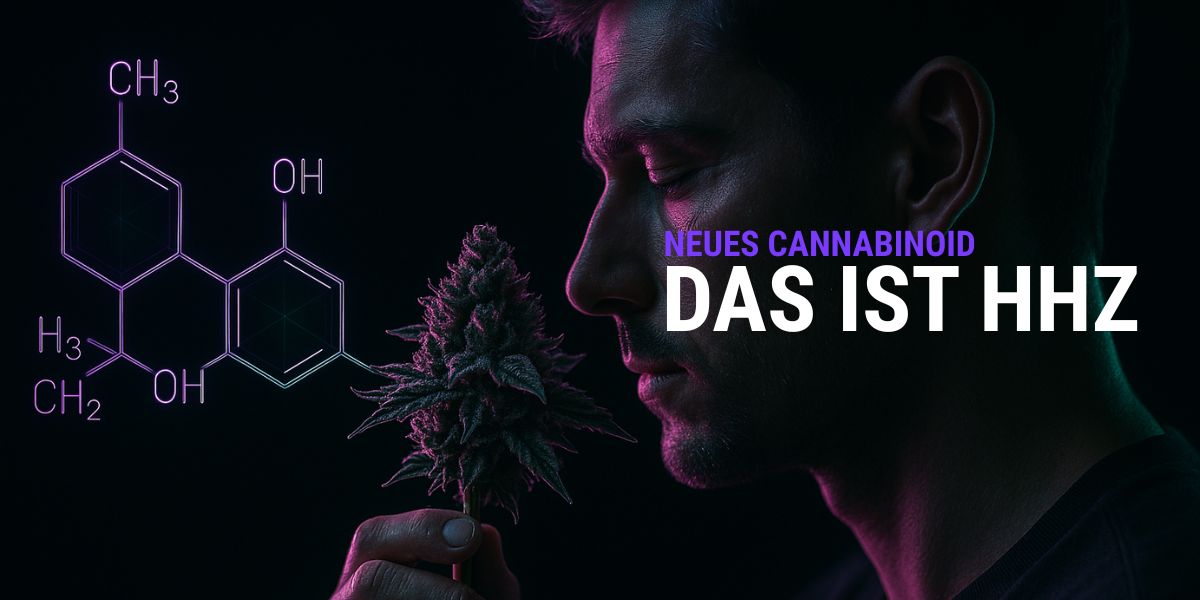

Leave a comment
All comments are moderated before being published.
This site is protected by hCaptcha and the hCaptcha Privacy Policy and Terms of Service apply.